When, in my teens, I began to realise I was gay, any sexual activities between men were criminal offences.
I was 16 when male homosexuality was decriminalised in 1967 in England and Wales, and 30 when it stopped being an offence in Scotland. Even then, there were strict limits on our behaviour, with a higher age of consent, as well as a definition of “private” that excluded sexual activity in hotel rooms and multi-occupancy households.
Nor were we just penalised by the state. Most religious groups considered same-sex behaviour to be sinful, and the medical profession classed homosexuality as a mental illness. Indeed, it wasn’t until 1990 that the World Health Organisation removed homosexuality from its International Classification of Diseases.
Prior to decriminalisation, it was common for men convicted of “gross indecency” to be offered psychiatric help or “chemical castration” as an alternative to prison.
Mathematician and computer scientist Alan Turing, who helped discover German codes during the Second World War and built a prototype of the personal computer, was offered drugs to control his libido after being convicted. He later killed himself.
The use of conversion therapy in psychiatric wards was common. This involved men being shown erotic homosexual images while either receiving electric shock treatment or being injected with poisons that led to vomiting and incontinence. Occasionally psychedelic drugs were used.
Such torture – and it surely was torture – didn’t work, but it did lead to many people later developing psychological and physical illnesses that could affect both the quality and length of their lives. Tommy Dickinson’s 2015 book Curing Queers: Mental Nurses and Their Patients, 1935-74 shows the true horror of what many were subjected to, and includes interviews with both nurses and surviving patients.
We must not be complacent
In this country, we now have the same rights as everyone else, including employment protection. There is also hate crime legislation. Most cities and many towns have annual Pride events, and both the police and the armed forces now accept LGBT+ recruits.
But we must not be complacent. Firstly, the situation in much of the world is as bad, or even worse, than it once was here, with many countries still criminalising our behaviour, including the majority of Commonwealth countries. Indeed, three Commonwealth nations have the death penalty as an option: Brunei, Uganda and the northern part of Nigeria.
Secondly, we still face prejudice from some quarters, with research from 2022 showing that a third of LGBT+ individuals under the age of 25 have experienced some form of abuse, ranging from verbal harassment to physical violence.
The figure is even higher for transgender and non-binary people, with the appalling stabbing and murder of 16-year-old Brianna Ghey in 2023 highlighting the risks LGBT+ people still face. Her murderers are now behind bars, but there are, sadly, still people who feel the same as her killers.
Conversion therapy has changed – but it still goes on
Thirdly, although it is decades since the NHS stopped trying to “cure” us, conversion therapy is still used by some groups, particularly those religious organisations that continue to see homosexuality as sinful. According to the National LGBT Survey, 51% of instances of conversion therapy are conducted by faith groups.
These days, drugs and electric shocks are rarely used. Instead, the tactics employed can include group pressure, threats, bullying, punishment regimes, exorcism, “praying” at the individual, and sexual, physical and emotional abuse.
Scottish literary polymath Jackie Kay describes her biological father praying at her, attempting to drive her homosexuality out of her, in her memoir
In his autobiography, Boy Erased, US writer Garrard Conley shares his own experiences of being subjected to such treatment. And Scottish literary polymath Jackie Kay describes her biological father praying at her, attempting to drive her homosexuality out of her, in her memoir, Red Dust Road.
Put pernicious practice to an end for good
The Scottish Government has produced draft proposals banning conversion therapy, and is now asking for public views. Some, particularly people from faith groups, have expressed concern that the proposals will make it difficult to provide counselling and pastoral care. As a Christian myself, I believe such concerns are unfounded.
The proposals make it clear that conversion therapy must involve “the intention to change or suppress a person’s sexual orientation or gender identity”. Providing advice, guidance and support for LGBT+ individuals, for those questioning their sexuality or gender identity, and for those experiencing conflict or distress would not be an offence.
The consultation is open until April 2, and we are all encouraged to make our views known. Let’s put an end to this outmoded, abusive and pernicious practice, and promote the right we should all have to respect and dignity, regardless of our sexuality or gender identity.
Let’s put conversion therapy in history’s dustbin, where it belongs.
Kevin Crowe is a writer and former bookseller living in Wick, Caithness
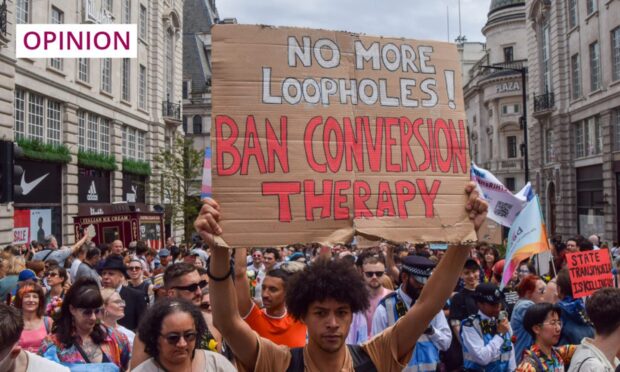
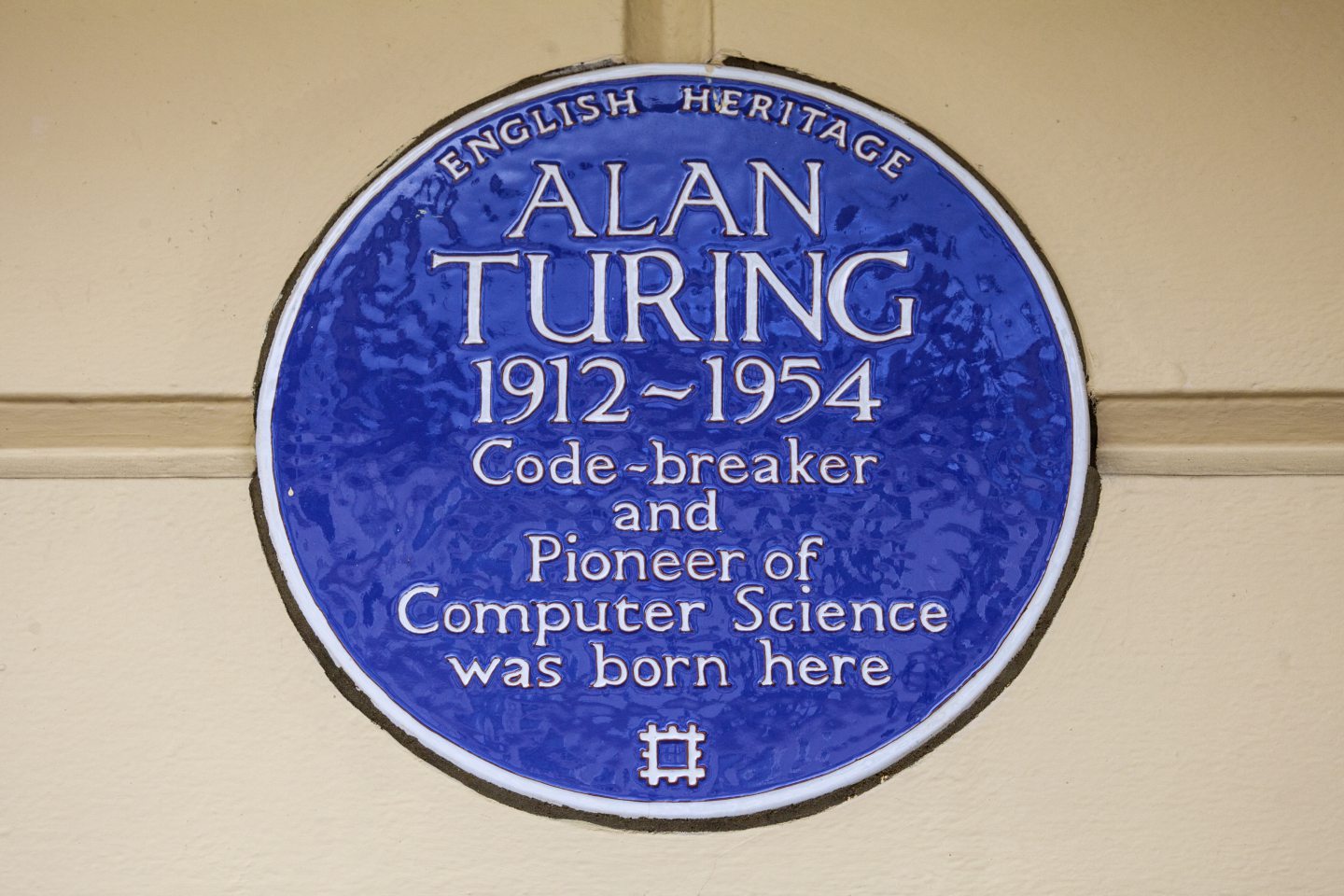
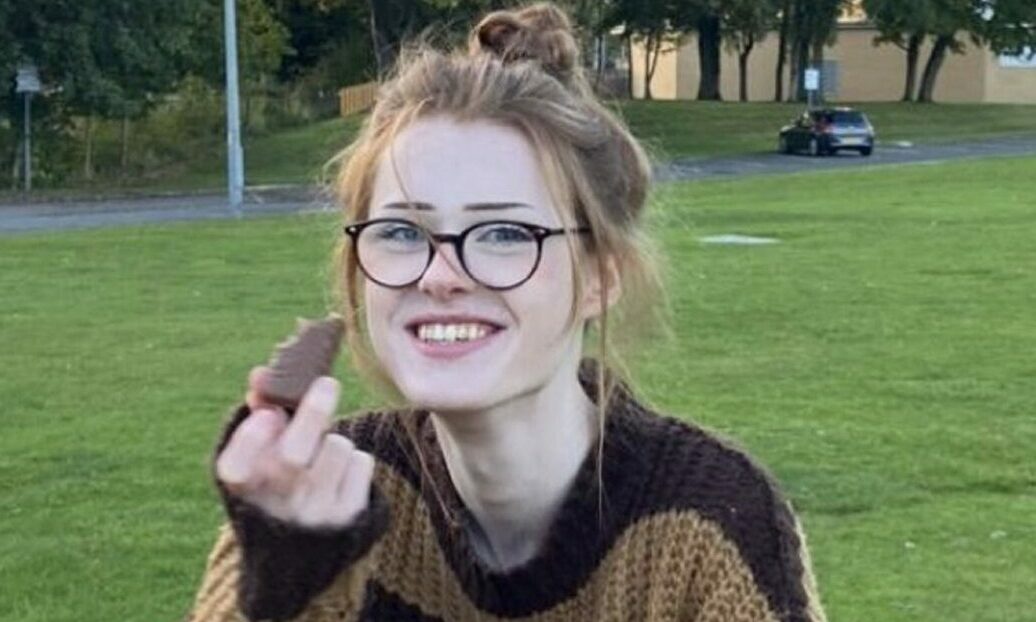
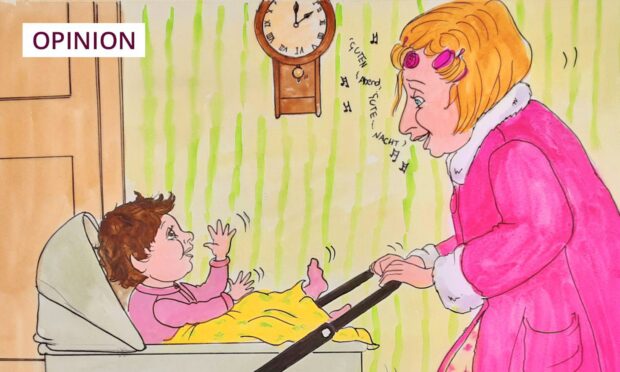
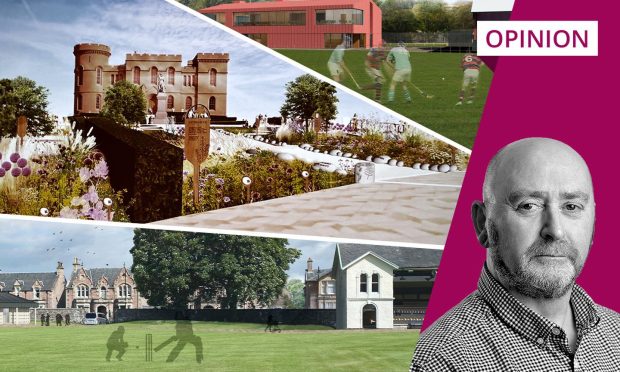
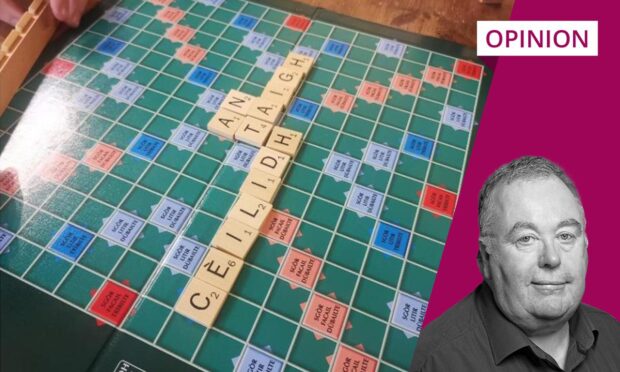

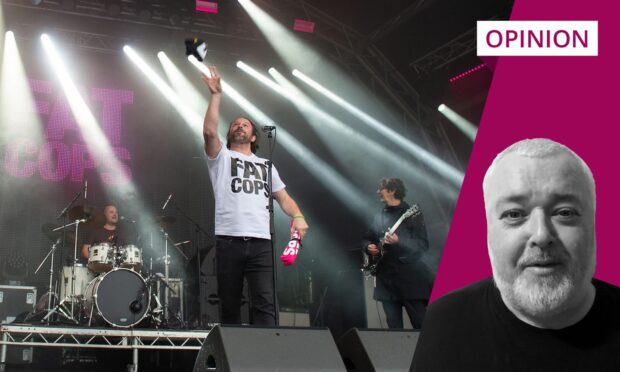
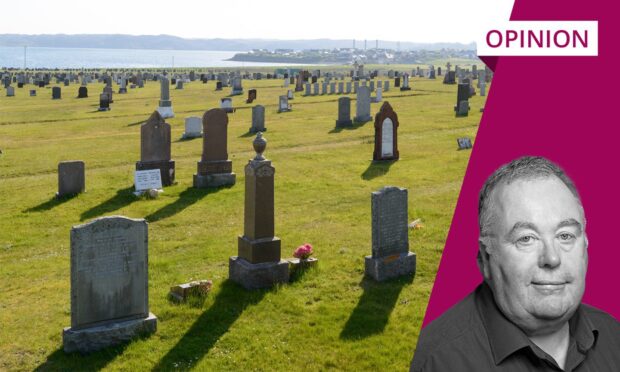
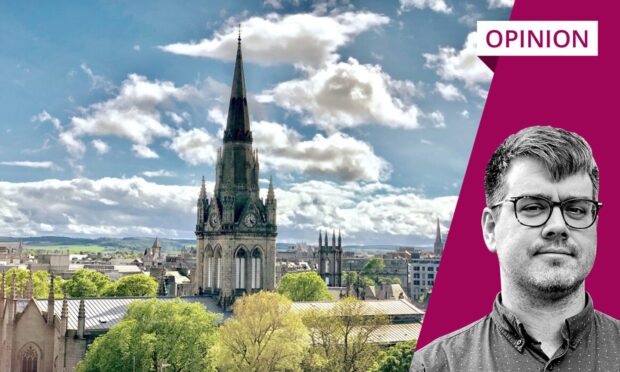
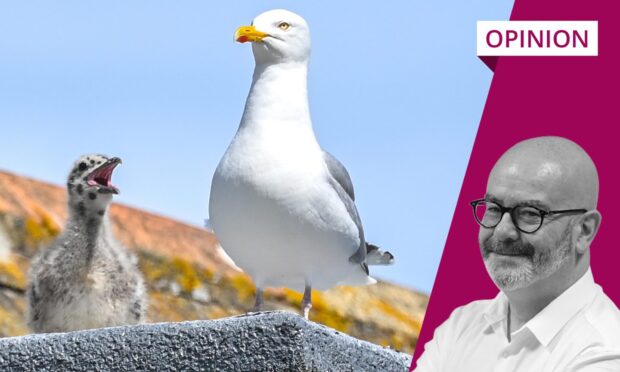
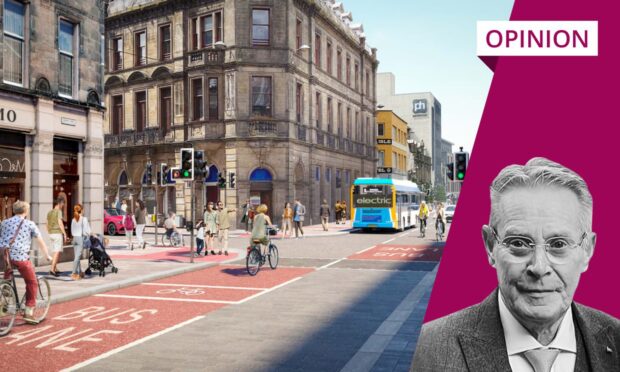
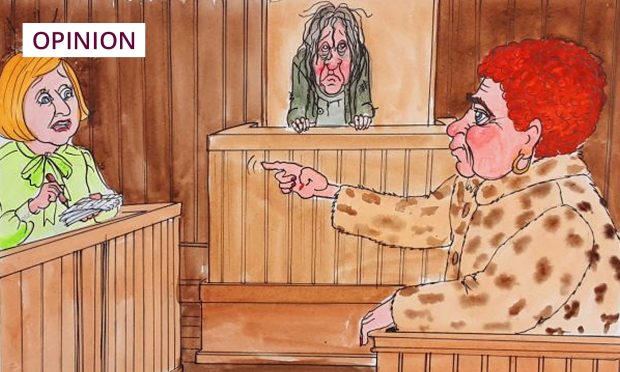
Conversation